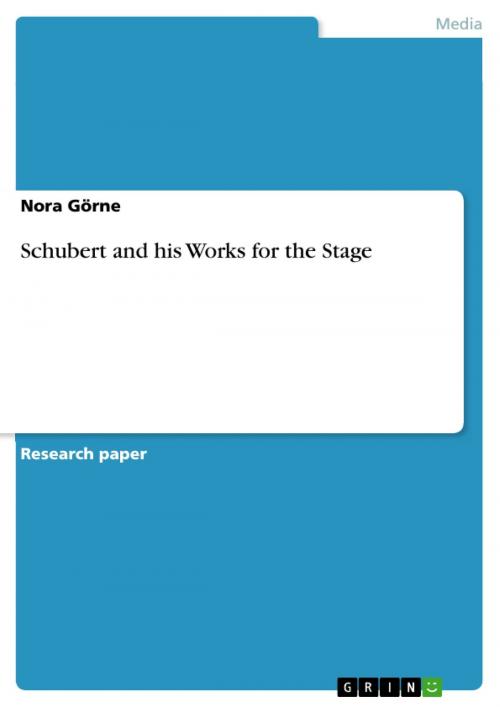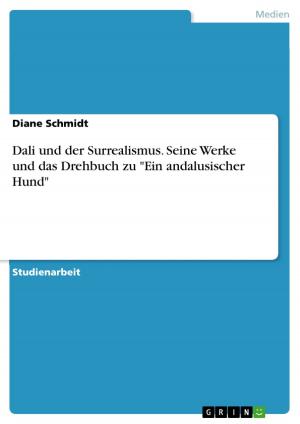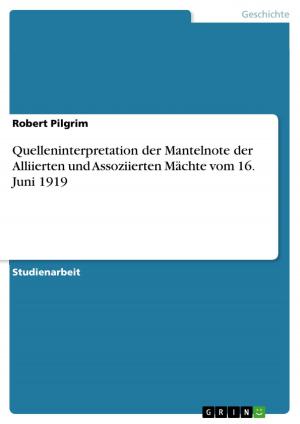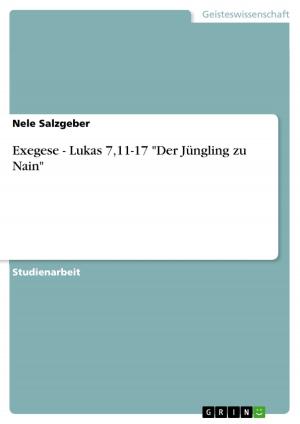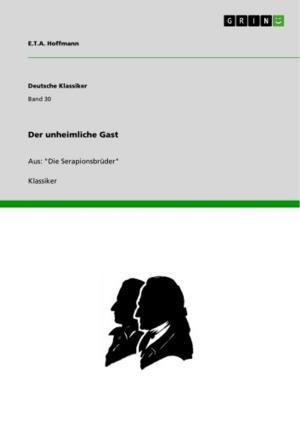| Author: | Nora Görne | ISBN: | 9783640994663 |
| Publisher: | GRIN Verlag | Publication: | August 30, 2011 |
| Imprint: | GRIN Verlag | Language: | English |
| Author: | Nora Görne |
| ISBN: | 9783640994663 |
| Publisher: | GRIN Verlag |
| Publication: | August 30, 2011 |
| Imprint: | GRIN Verlag |
| Language: | English |
Research Paper (undergraduate) from the year 2011 in the subject Musicology, grade: A (entspricht 1), Utrecht University (Roosevelt Academy), course: Music in Context, language: English, abstract: Even persons who describe themselves as Schubert lovers may be surprised by the fact that the master of Lieder Franz Schubert (1797-1828) also composed up to 21 works for the stage. Why these pieces are almost forgotten today, can be answered rather easily. From the twelve pieces which he finished, only four have been performed in his life time and were also not very successful. But also today, the pieces can be scarcely found on the playing list of theatres, even in Germany and Austria. Literature often offers the possible explanation that the used libretti were of bad quality and Schubert, the 'lyricist' (Partsch 20), was not able of supplying opera dramatics. The simplification that this assumption contains will be explained, especially in regard to the problematic history of German opera itself.
Research Paper (undergraduate) from the year 2011 in the subject Musicology, grade: A (entspricht 1), Utrecht University (Roosevelt Academy), course: Music in Context, language: English, abstract: Even persons who describe themselves as Schubert lovers may be surprised by the fact that the master of Lieder Franz Schubert (1797-1828) also composed up to 21 works for the stage. Why these pieces are almost forgotten today, can be answered rather easily. From the twelve pieces which he finished, only four have been performed in his life time and were also not very successful. But also today, the pieces can be scarcely found on the playing list of theatres, even in Germany and Austria. Literature often offers the possible explanation that the used libretti were of bad quality and Schubert, the 'lyricist' (Partsch 20), was not able of supplying opera dramatics. The simplification that this assumption contains will be explained, especially in regard to the problematic history of German opera itself.
